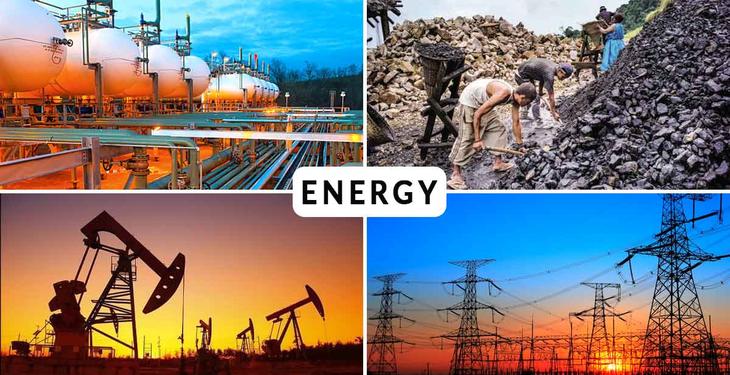On Monday 6 July, the EU Parliament’s Regional Development Committee approved the establishment of the Just Transition Fund (JTF) with 27 votes in favor, 7 against and 8 abstentions. The vote follows the proposal released by the Commission in January, and the position adopted by the Council of the European Union, in June. Both excluded investments in the nuclear and natural gas sectors.
In contradiction with both the Commission and the Council of Ministers, MEPs in the REGI Committee amended the original draft regulation in order to allow investments in activities related to natural gas to be supported by the JTF. The amendment was proposed by 2 Romanian MEPs – Cristian Ghinea and Vlad Botoș – and supported by lawmakers from countries that still are heavily depending on coal-fired power plants. “The Commission may approve Territorial Just Transition Plans that include (natural gas) activities, if they qualify as environmentally sustainable” under the EU’s green finance taxonomy “and comply with six additional cumulative conditions,” the committee said. Natural gas should be used as “bridging technology”, contribute to EU’s environmental objectives on climate change mitigation and adaptation, through accelerating the full phase-out of coal, deliver significant reductions in greenhouse gas emissions and air pollution, and contribute to tackling energy poverty.
Allocation of financial resources
MEPs request a significant increase in the budget allocated from the 2021-2027 financial framework (from EUR 11.27 billion in current prices to EUR 25.35 billion in 2018 prices, also referred to as the “principle amount”). This amount would be supplemented with an additional EUR 32.8 billion in current prices, as proposed under the EU Recovery Instrument.
The agreed text includes the creation of a “Green Rewarding Mechanism”, allowing 18% of the total JTF resources to be allocated depending on the speed with which member states reduce their greenhouse gas emissions, divided by their latest average GNI. Additionally, 1% of the total amounts would be specifically allocated for islands, and 1% for the outermost regions.
With the JTF designed to support the most vulnerable communities in each region, MEPs call for a co-financing rate of up to 85% of costs for eligible projects.
Broadening the scope of support
MEPs agreed that the scope of the JTF should be broader, focusing specifically on social cohesion and leading to job creation. The activities supported by the fund would also include: microenterprises, sustainable tourism, social infrastructure, universities and public research institutions, energy storage technologies, low-emission district heating, smart and sustainable mobility, digital innovation, including digital and precision farming, projects fighting energy poverty, as well as culture, education and community building.
The vote in the REGI committee will be followed by a plenary vote in September. Both the European Parliament and the EU Council of Ministers need to approve the same text before it can be agreed.
